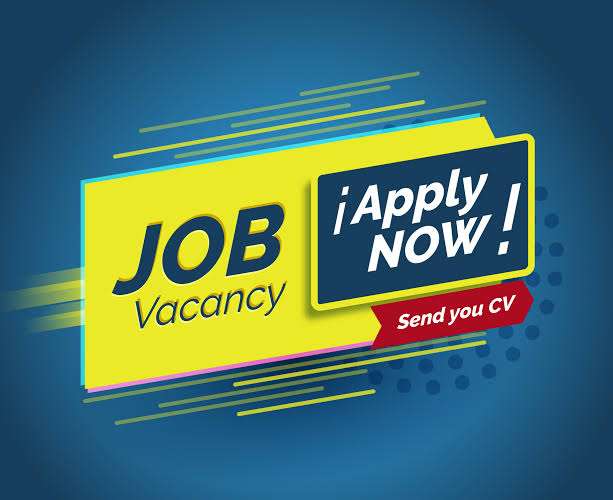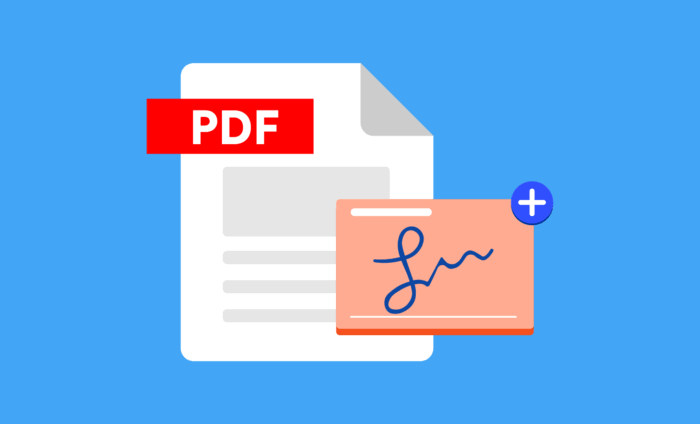For many young Nigerians, career choices often involve balancing financial security with long-term aspirations. A Nigerian banker recently took to Twitter to share a career dilemma that resonates with many young professionals.
The user asked a question about choosing to stay in a ₦750,000-a-month role at a local bank or accept a ₦500,000 offer from KPMG, one of the world’s “Big 4” professional services firms.
“I’ve just got a GT role at KPMG. I currently earn about ₦750k monthly in a Nigerian bank. Pay at KPMG is about ₦500k. I’m currently confused because I believe I’m doing well in the bank and I’ve also wanted to have ‘Big 4’ on my CV,” the user wrote.
This sparked a wave of responses, with many weighing in on whether immediate financial reward should take precedence over long-term career positioning.
Expert Weighs In: Beyond the Paycheck
Oreoluwa Bukola, CFA, a finance professional, responded with insights that reframed the debate. He acknowledged that the dilemma was not new, as many professionals before had faced similar crossroads.
Bukola urged the job seeker to consider five critical questions before making a decision:
- Future Opportunities: Five years from now, which role offers more career advancement?
- Exposure: Which path provides greater access to high-profile projects, people, and emerging technologies?
- Financial and Personal Growth: Which option guarantees long-term growth, both financially and personally?
- Global Competitiveness: Which job makes you more competitive in both Nigerian and international markets?
- Brand Value: Which employer’s name on a CV commands global recognition?
Bukola cautioned against making decisions based solely on short-term comfort or a desire for prestige.
“If you choose to stay back because of ₦250k cut now, what will be the value of that cut five years from now? If you choose to go to the Big 4 just because of the name on your CV, you are not doing your assessment appropriately,” she advised.
Banking vs. Big 4: A Broader Debate
The dilemma reflects a larger conversation among Nigerian professionals, particularly millennials and Gen Z workers navigating a tough economy.
While local banks are known to pay competitively at the entry and mid-levels, the “Big 4” accounting firms: KPMG, PwC, EY, and Deloitte offer global prestige, structured career paths, and international mobility.
Industry experts note that many professionals accept lower pay at Big 4 firms in exchange for training, exposure, and the long-term career leverage the brand provides. However, banks can provide faster financial stability, which is critical given Nigeria’s rising cost of living.
The Bottom Line: Growth vs. Stability
Statistics highlight the weight of the decision. According to the Nigerian Financial Services Market (NFSM), only 2.4% of Nigerians earn more than ₦200,000 monthly. Nearly half of the population: 49% live on ₦50,000 or less, while 17% remain unemployed.
The figures show that both offers: ₦500k at KPMG and ₦750k at the bank place the professional among Nigeria’s highest earners. The real question, experts argue, is which choice ensures better career growth in the long run.
“After considering all of these, your answer will be somewhere stored neatly in your heart. You’ll know what to do,” she said.
In the end, there is no one-size-fits-all answer. Bukola concluded that the decision rests on individual priorities: financial needs today versus career opportunities tomorrow.
Talking Points
It is noteworthy that many young Nigerian professionals are facing a dilemma between staying in higher-paying roles at local banks and accepting lower-paying positions at globally recognized firms like KPMG.
This career guide reflects a real tension between immediate financial security and long-term career growth, particularly for those aiming to gain international exposure and build a prestigious CV.
At Techparley, we see how guidance from experts like Oreoluwa Bukola, CFA, can help professionals evaluate options beyond the paycheck, focusing on future opportunities, exposure to high-profile projects, personal and financial growth, global competitiveness, and employer brand recognition.
As professionals navigate such choices, seeking mentorship, researching potential career guide and paths, and aligning decisions with personal goals could accelerate career success and open doors to opportunities both locally and internationally.
With the right career guide, approach, evaluating growth versus stability thoughtfully can transform a short-term sacrifice into a long-term advantage, ensuring that career decisions today pay dividends for years to come.





